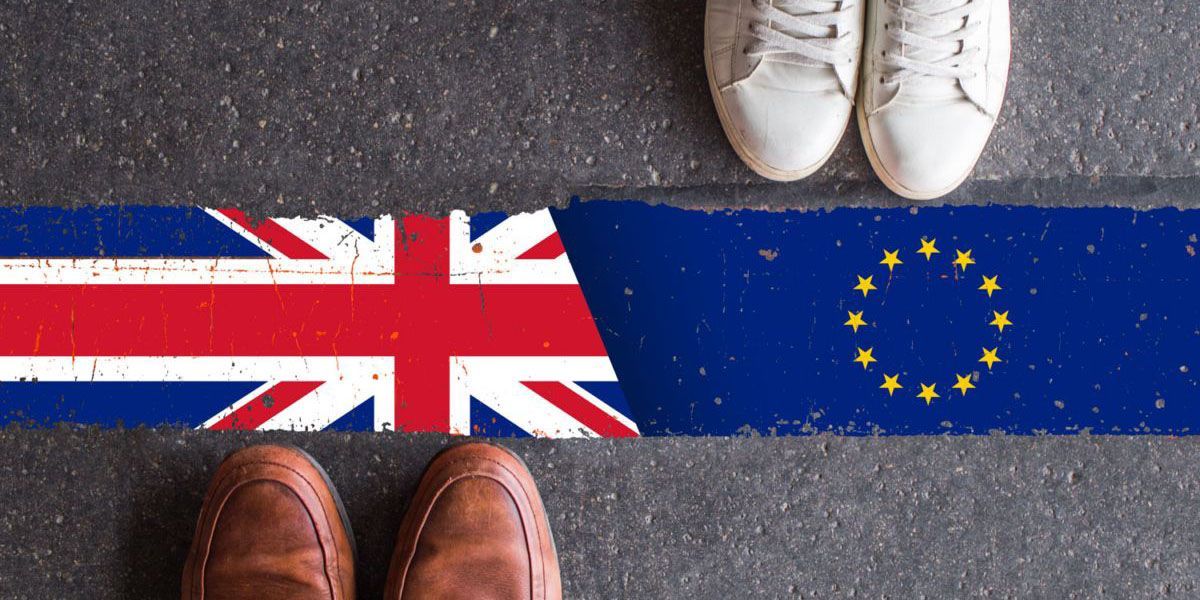On January 1, 2021, the United Kingdom effectively left the European Union, becoming a third country.
The Free Trade and Cooperation Agreement between the European Union and the United Kingdom has been signed “in extremis”, being provisionally applicable as of January 1, 2021, until it is approved by the European Parliament and ratified by the Council.
Efforts will have to be made to adapt companies to the consequences of Brexit, with regard to indirect taxation (Customs, VAT and Special Taxes).
Companies should consider, among others, the following implications:
Customs
- As of January 1, 2021, all movements of goods from or to British territory will be considered import and / or export operations and will be subject to formalities, customs and para-customs controls that apply to goods from third-party countries.
- A free trade area is established between the United Kingdom and the European Union without tariffs or tariff quotas. However, if the customs formalities established by the Union Customs Code (CAU) are applied for operations with third countries, the rules of origin will be applied to the goods in order to take advantage of the preferential conditions applicable under the Agreement. These rules of origin allow bilateral accumulation and self-certification of origin by exporters, but companies should be aware of and adjusting to the rules of origin set out in the CAU.
- For import / export operations with the United Kingdom, economic operators must have a valid EORI number to avoid assuming additional costs and delays.
- Economic operators established in the United Kingdom who carry out customs activities in the European Union must request the corresponding EORI in the Member State of the European Union where they are going to carry out customs activities, since the EORI number of the United Kingdom linked to their European NIF will cease to be valid.
- It is recommended that economic operators who do not yet have an EORI, request the authorization of Authorized Economic Operator (AEO) in order to streamline their customs procedures and negate delays.
- As of January 1, 2021, the United Kingdom will be subject to all the trade policy measures that the European Union imposes on third countries in relation to prohibitions and / or customs restrictions, including the obligation to have the proper authorizations or certificates prior to the import and / or export of goods within the customs territory of the European Union.
- Brexit means that the trade agreements and preferential regimes maintained between the European Union and third countries will cease to be valid in the UK, and all those products from the United Kingdom will be considered as “not originating from the European Union”, in accordance with the provisions of the Free Trade and Cooperation Agreement, and in relation to actions of economic operators.
Value Added Tax
- Upon departure from the United Kingdom, transactions with this territory will no longer be considered intra-community deliveries and / or acquisitions of goods and / or services, and will become exports and / or imports of goods and / or services related to import and / or export operations or provision of services and must follow the localization rules pertinent to them.
- Therefore, in the event of the entry of goods from the United Kingdom into the territory of the European Union, the corresponding VAT on import must be settled and paid before the Import Customs (provided that the operator has not chosen due to the VAT deferral regime, or similar). This also implies not only the need to comply with all the requirements and formalities of this Tax, but also a financial cost, as VAT is paid to the import before the operator can deduct it via declaration-settlement of the Tax.
- In provision of services, the well-known rule of effective use of the same or closure clause will be applied, by which certain services will be understood to be located in the Spanish VAT territory provided that their effective use has been made in said territory, regardless of whether they are provided to a recipient who is subject to the tax regime of the United Kingdom.
- However, the accrual of the Special Tax due to importation into the European Union, may be postponed in the event that, at the time of importation, the product is linked to the suspensive regime of Taxes Specials.
In Auxadi we are experts in providing value added services in accounting, finance, tax compliance, payroll management and technology, being a strategic partner of your business. If you need to expand on what we have stated here, please do not hesitate to contact us.
All information contained in this publication is up to date on 2021. This content has been prepared for general guidance on matters of interest only, and does not constitute professional advice. You should not act upon the information contained in this chart without obtaining specific professional advice. No representation or warranty (express or implied) is given as to the accuracy or completeness of the information contained in this content, and, to the extent permitted by law, AUXADI does not accept or assume any liability, responsibility or duty of care for any consequences of you or anyone else acting, or refraining to act, in reliance on the information contained in this chart or for any decision based on it.




